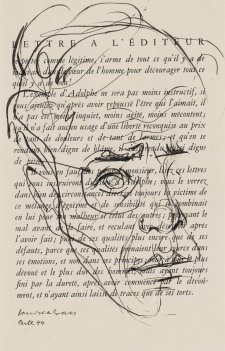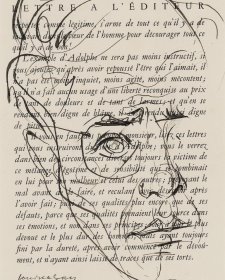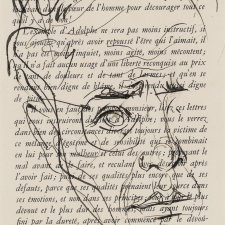- About us
- Support the Gallery
- Venue hire
- Publications
- Research library
- Organisation chart
- Employment
- Contact us
- Make a booking
- Onsite programs
- Online programs
- School visit information
- Learning resources
- Little Darlings
- Professional learning
Howard Florey, Baron Florey of Adelaide and Marston OM (1898–1968) was awarded the Nobel Prize for Physiology and Medicine in 1945 for the discovery of penicillin and its curative effect in various infectious diseases. Born into a wealthy family in Adelaide, Florey was a top athlete and gained a Rhodes scholarship to Oxford, where he studied under Sir Charles Sherrington. Appointed to the chair of pathology at Oxford in 1935, he began researching the properties of Pencillium notatum, a fungus the antibacterial qualities of which had been discovered by Alexander Fleming in 1920. By 1941 Florey was successfully undertaking clinical trials of penicillin. He harried US pharmaceutical firms to manufacture the drug, and it saved thousands of lives during World War 2. For this work he was awarded the Nobel Prize jointly with Fleming (although they never worked together). In 1960, he was made the first Australian President of London’s Royal Society. Florey was instrumental in the establishment of both the John Curtin School of Medical Research and the ANU, of which he was Chancellor from 1965 to 1967.
Florey was knighted in 1944. In 1965, he was not only appointed to the Order of Merit but made a life peer. He chose the title Baron Florey, of Adelaide in the State of South Australia and Commonwealth of Australia and of Marston in the County of Oxford.
Purchased 1998
© Louis Kahan/Copyright Agency, 2024
Louis Kahan AO (age 61 in 1966)
Howard Florey Baron Florey of Adelaide and Marston, OM KBE FRS (age 68 in 1966)



On one level The Companion talks about the most famous and frontline Australians, but on another it tells us about ourselves.



Sarah Engledow on a foundational gallery figure who was quick on the draw.



Offering portraiture in all its flavours: painting, photography, drawing, textiles, printmaking and sculpture, this exhibition is a feast for minds and eyes.